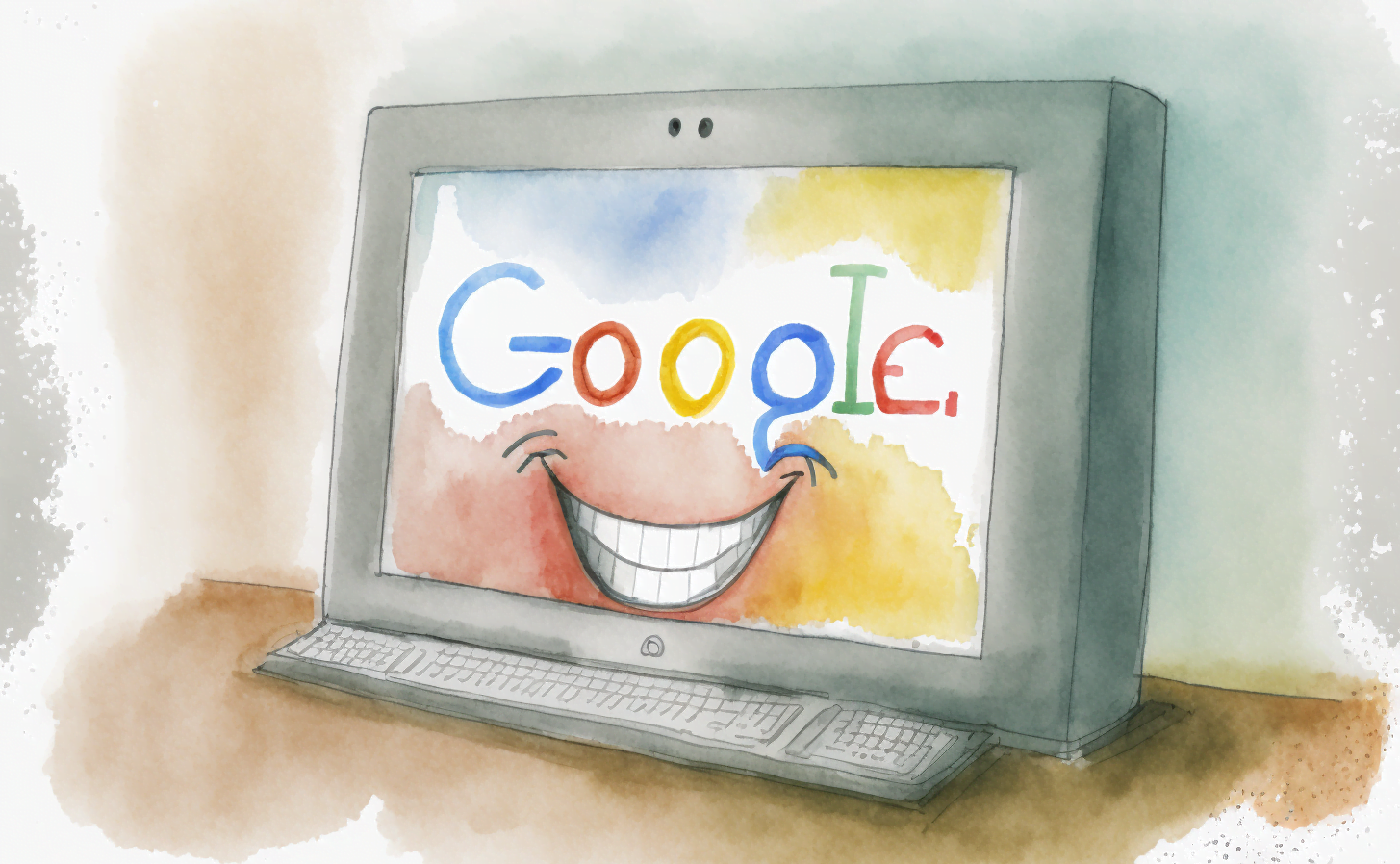ChatGPT is not a Google killer and Google knows it

How does Google respond to a potential business threat from OpenAI's ChatGPT? For now, not at all, it seems. There is no reason to rush.
Some people think that ChatGPT could become something like a Google killer, the next generation of Internet search. On the surface, there is a valid reason for this assumption: ultimately, both systems provide answers to questions you type into a text window. ChatGPT is even more convenient, you get the answer directly and don't have to click through ads and web pages first.
But thinking a bit further, there are more reasons that speak against an immediate threat to Google Search from ChatGPT. These include, above all, the limited actuality and reliability combined with a lack of source transparency. Even OpenAI co-founder Sam Altman advises against using information from ChatGPT for important topics.
Google had the answer to ChatGPT before ChatGPT existed
Not to mention that Google itself has been working on and already using AI technology for search for years. No other company is likely to have studied the advantages and disadvantages of large language models in the context of Internet search as intensively as Google itself. As early as May 2021, the company showed dialog-based search demos with LaMDA, which correspond to ChatGPT functions.
In an internal meeting, Alphabet CEO Sundar Pichai and Google's AI head Jeff Dean now spoke to Google employees about the popularity of ChatGPT and possible implications for their own company.
According to them, Google's own AI models such as PaLM (vs. GPT-3) and LaMDA (vs. ChatGPT) are just as powerful as OpenAI's. This is also evident from the scientific papers on the systems.
So far, however, Google has always decided against publishing the models because they are not reliable enough and have social biases. Pichai and Dean reaffirm this position: Google has to be more conservative than a start-up like OpenAI because of the potential damage to its image.
"We are absolutely looking to get these things out into real products and into things that are more prominently featuring the language model rather than under the covers, which is where we’ve been using them to date," Dean said. "But, it’s super important we get this right."
According to Pichai, Google has "a lot" planned for AI speech capabilities in 2023. The coming year, he said, will be a turning point for conversational AI and AI in search. Google needs to be "bold and responsible" in this process, according to Pichai.
Of course, Google has other good reasons for not rushing into new forms of Internet search. Current Google search is still growing, albeit more slowly, and is extremely profitable. This is a business model that Google would have to torpedo and probably won't until it finds a similarly lucrative monetization strategy for chatbots or is forced to innovate by other market players.
In addition, Google would face new copyright issues if it used up-to-date information in a chatbot and cited (no) sources for it.
ChatGPT with Internet would be a copyright juggernaut
The limitations of ChatGPT in the context of search could possibly be overcome by a combined Internet search, as a chatbot demo by Google's sister company Deepmind has shown.
But this Internet access would bring new challenges: OpenAI would need a powerful search engine behind ChatGPT; business partner Microsoft could help here with Bing, but then a copyright dispute would probably be pre-programmed for OpenAI.
A ChatGPT or even a GoogleGPT that pulls current information from the Internet in real-time and compiles it into new answers within its interface would be a pure no-click search. It is unlikely that publishers would make their content available for this purpose voluntarily and free of charge.
In some countries, such as Germany and Spain, Google has been in dispute with publishers for years - over short text quotes or headlines in Google search results that link to the publishers' websites to boot. Of course, there are alternative sources for news, but these would be more costly to verify.
AI News Without the Hype – Curated by Humans
As a THE DECODER subscriber, you get ad-free reading, our weekly AI newsletter, the exclusive "AI Radar" Frontier Report 6× per year, access to comments, and our complete archive.
Subscribe nowAI news without the hype
Curated by humans.
- Over 20 percent launch discount.
- Read without distractions – no Google ads.
- Access to comments and community discussions.
- Weekly AI newsletter.
- 6 times a year: “AI Radar” – deep dives on key AI topics.
- Up to 25 % off on KI Pro online events.
- Access to our full ten-year archive.
- Get the latest AI news from The Decoder.